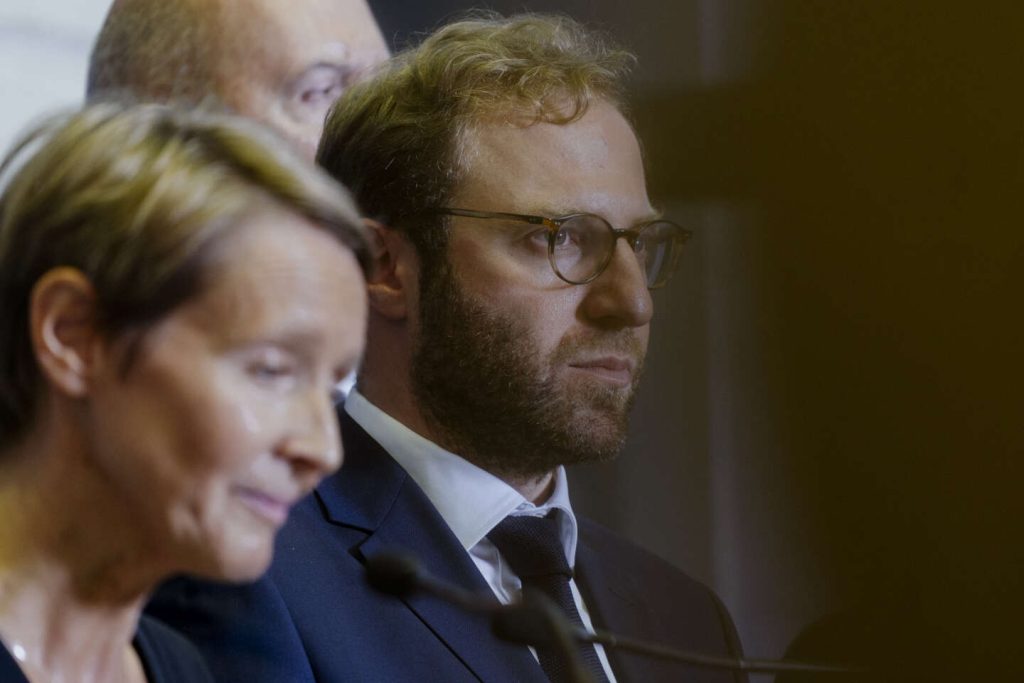Antoine Armand, Minister of Economy, Finance, and Industry, held discussions on September 22, 2024 at Bercy. With just two days until his general policy statement and likely two weeks until the presentation of his first budget, Michel Barnier and his government have been finalizing measures to regain control of the public finances, which are currently in disarray. Among the proposals being considered are an exceptional levy of 8 billion euros on large corporations and a tax on share buybacks. Income tax, however, is expected to remain stable. Barnier expressed urgency in addressing the deteriorating financial situation, citing a public deficit of over 6% of the GDP, far from the initial target of 4.4% for 2024, and a record debt of 3.228 trillion euros, nearly 1 trillion more than when Emmanuel Macron took office in 2017.
To address this financial crisis, the government is considering presenting a supplementary budget bill to implement fiscal measures by the end of the year. Additionally, they are working on the State budget for 2025 under pressure, aiming to submit the proposal to the National Assembly by the week of October 9, after a delay from the legal deadline of October 1. This deadline requires the text to be finalized in the coming days for review by the High Council of Public Finances and the Council of State before being presented to parliament. Interministerial meetings are being held at Matignon to expedite the process and meet the tight schedule.
The government’s plan for financial recovery primarily involves reducing certain public expenditures, along with potential tax increases in the name of “tax justice.” The focus is on asking taxpayers with the highest capacity to contribute to share the burden of rectifying the financial situation. Initial fiscal projects put forward reflect this approach, aiming to ensure fairness in the taxation system. However, there are no plans to expand income tax, and any changes in this area will be carefully considered and weighed.
The situation regarding France’s public finances is concerning and urgent action is required to stabilize the economy and prevent further deterioration. The government is focused on implementing measures to address the deficit and debt levels, with a combination of spending cuts and potential tax increases on the table. The imminent presentation of the 2025 State budget is a critical step in this process, with tight deadlines and high stakes. All eyes are on the government’s efforts to manage the financial crisis and steer the country towards a more stable economic future.


